
Merck Anti-von Willebrand Factor Antibody
✨AI 추천 연관 상품
AI가 분석한 이 상품과 연관된 추천 상품들을 확인해보세요
연관 상품을 찾고 있습니다...
Anti-von Willebrand Factor Antibody
Chemicon®, from rabbit
Factor VIII Related Antigen
von Willebrand factor (UniProt: P04275; also known as vWF) is encoded by the VWF (also known as F8VWF) gene (Gene ID:7450) in human. vWF is a multimeric plasma glycoprotein that is synthesized by endothelial cells and plays an important in the maintenance of hemostasis. It is synthesized with a signal peptide (aa 1-22), which is subsequently cleaved off in the mature form. vWF is known to promote adhesion of platelets to the sites of vascular injury by forming a molecular bridge between sub-endothelial collagen matrix and platelet-surface receptor complex GPIb-IX-V. vWF also acts as a chaperone for coagulation factor VIII, delivering it to the site of injury, stabilizing its heterodimeric structure and protecting it from premature clearance from plasma. Mutations in VWF gene are linked to von Willebrand diseases 1-3 that are common hemorrhagic disorders caused by impaired platelet aggregation. Two isoforms of vWF have been described that are produced by alternative splicing.
🏷️Merck Sigma 상품 둘러보기
동일 브랜드의 다른 상품들을 확인해보세요
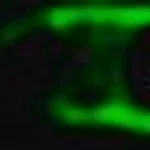
Merck Sigma
Merck Anti-Na+/K+ ATPase α-1 Antibody, clone C464.6
206,000원
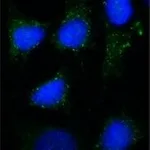
Merck Sigma
Merck Anti-Rab7 antibody, Mouse monoclonal
269,000원
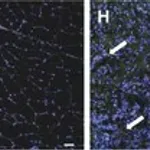
Merck Sigma
Merck Anti-von Willebrand Factor Antibody
731,000원
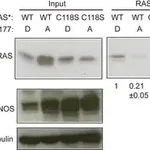
Merck Sigma
Merck Anti-β-Tubulin antibody, Mouse monoclonal
255,400원
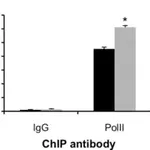
Merck Sigma
Merck Anti-RNA polymerase II Antibody, clone CTD4H8
205,900원
배송/결제/교환/반품 안내
배송 정보
| 기본 배송비 |
| 교환/반품 배송비 |
|
|---|---|---|---|
| 착불 배송비 |
| ||
| 교환/반품 배송비 |
| ||
결제 및 환불 안내
| 결제수단 |
|
|---|---|
| 취소 |
|
| 반품 |
|
| 환급 |
|
교환 및 반품 접수
| 교환 및 반품 접수 기한 |
|
|---|---|
| 교환 및 반품 접수가 가능한 경우 |
|
| 교환 및 반품 접수가 불가능한 경우 |
|
교환 및 반품 신청
| 교환 절차 |
|
|---|---|
| 반품 절차 |
|
